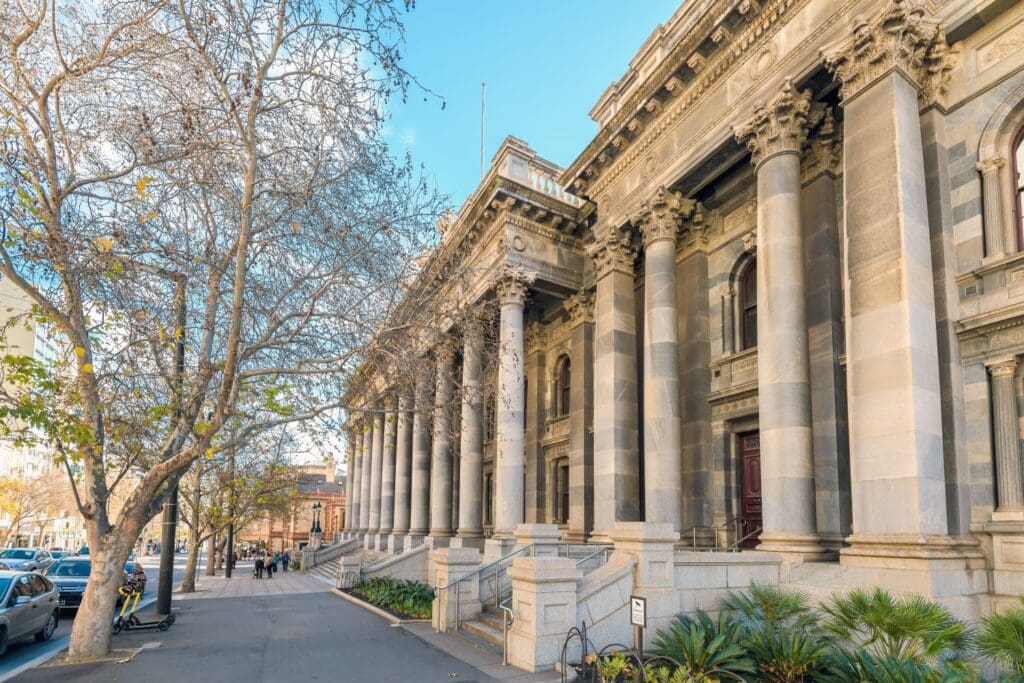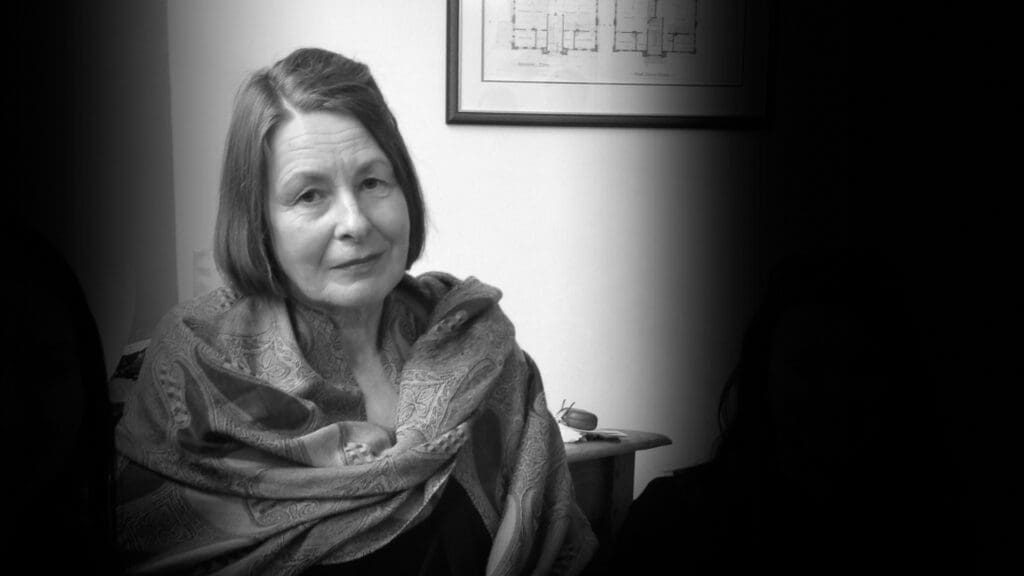Aboriginal child to address UN Human Rights Council and urge Australia to stop sending 10 year olds to prison
Tomorrow in Geneva, a 12 year old Arrernte/Garrwa boy from central Australia, will give a heartfelt speech at the world’s peak human rights body with a simple message for Australian governments: stop sending 10 year old children to prison.
Dujuan, the young star of the acclaimed documentary, In My Blood It Runs, has travelled to the 42nd session of the UN Human Rights Council with his grandmother and father to share his own experiences with the youth justice system and build support for Aboriginal-led education models.
“I will be a bit shy to speak to all the countries at the United Nations because adults never listen to kids – especially kids like me. But we have important things to say,” said Dujuan.
A key message Dujuan has for the Australian Government is to stop sending 10 year olds to prison.
“I was so worried about being taken away from my family and I was nearly locked up in jail. But I was lucky because of my family. They are strong, they love me and they know I am smart. They found a way to keep me safe. I am alright now, but lots of kids aren’t so lucky,” said Dujuan.
Currently in all Australian states and territories, 10 year old children can be arrested, charged and sent to prison.
The Human Rights Law Centre, which Dujuan is addressing the Council on behalf of, has been calling on Australian governments to ‘raise the age’ of criminal responsibility from 10 to 14 to bring Australian standards into line with international law.
Shahleena Musk, a Larrakia woman and Senior Lawyer at the Human Rights Law Centre, who is also attending the Council session, said it was a simple reform that would make a profound difference.
“These harsh and out of date laws are forcing too many Aboriginal kids into the quicksand of the criminal legal system. Any government that is serious about tackling our nation’s shocking over-imprisonment rates would make this one small change. Raising the age from 10 to 14 would make a world of difference to so many kids like Dujuan who really just needed a helping hand to get him back on track,” said Ms Musk.
Dujuan is also in Geneva to brief the Committee on the Rights of the Child, with the Australian Human Rights Commission, and for a screening of the film, In My Blood It Runs, at the UN. The screening will be hosted by Australia’s Permanent Mission to the UN in collaboration with the AHRC.
The documentary film follows Dujuan as a ten-year old when he was struggling at school and facing increasing scrutiny from welfare and the police. Yet to this backdrop, Dujuan shares his wisdom of history and the complex world around him and his spark and intelligence shines through.
The film reminds audiences that the knowledge systems and culture of Aboriginal peoples are alive and well and hold the solutions to so many of the policy challenges our governments are creating. Dujuan’s journey highlights the importance of First Nations-led education and the need to restore agency to families to make decisions that effect their own lives, and their children’s lives.
For further, information please contact:
Tom Clarke (in Melbourne) on 0422 545 763 or tom.clarke@hrlc.org.au
or Edwina MacDonald (in Geneva) on +41 779 531 557
Right now across Australia, children as young as 10 can be arrested, charged & sent to prison. Will you add your name to the call to #RaiseTheAge? It’s a simple reform that would make a huge difference. Kids belong in schools, not prisons. https://t.co/aXgpaqjsv6
— HumanRightsLawCentre (@rightsagenda) September 9, 2019
Photo credit: Maya Newell
Media Enquiries
Chandi Bates
Media and Communications Manager

Malinauskas Government must take historic opportunity and adopt Human Rights Act after inquiry recommendation
The Human Rights Law Centre has congratulated the South Australian parliamentary inquiry recommendation for a South Australian Human Rights Act.
Read more
Legal challenge filed against Tasmanian Parole Board’s decision to gag free speech
The Human Rights Law Centre has filed legal proceedings on behalf of Tasmanian grandmother, Susan Neill-Fraser, to challenge a restrictive parole condition placed on her by the Tasmanian Parole Board seeking to limit her ability to speak to the media.
Read more
University of Melbourne urged to drop repressive anti-protest and surveillance policies
The University of Melbourne is being urged to abandon policy changes that restrict staff and students’ right to protest and permit the widespread surveillance of people using their wifi network.
Read more


